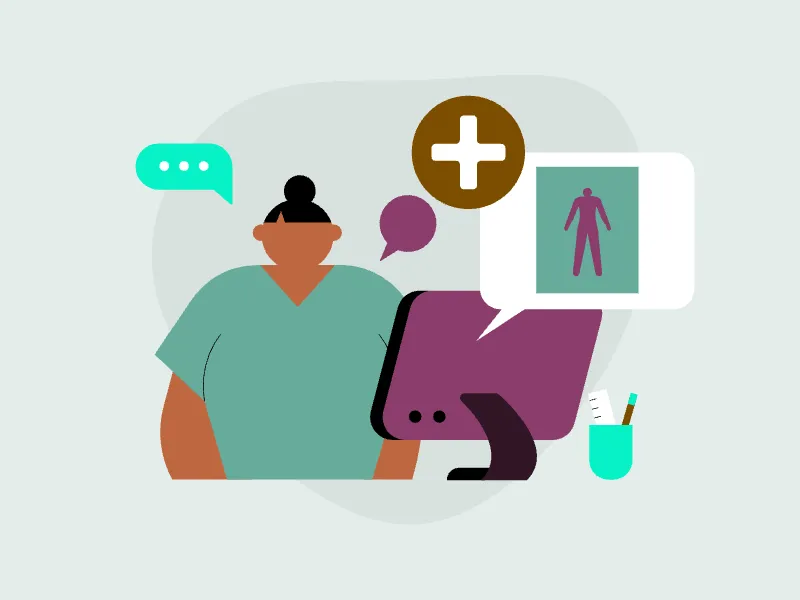How safe are weight loss drugs?
Weight loss drugs aren’t safe to use without medical supervision, and are generally prescribed to help in the treatment of specific medical conditions.
Lorem ipsum dolor sit amet, consectetur adipiscing elit. Suspendisse varius enim in eros elementum tristique. Duis cursus, mi quis viverra ornare, eros dolor interdum nulla, ut commodo diam libero vitae erat. Aenean faucibus nibh et justo cursus id rutrum lorem imperdiet. Nunc ut sem vitae risus tristique posuere.
Lorem ipsum dolor sit amet, consectetur adipiscing elit. Suspendisse varius enim in eros elementum tristique. Duis cursus, mi quis viverra ornare, eros dolor interdum nulla, ut commodo diam libero vitae erat. Aenean faucibus nibh et justo cursus id rutrum lorem imperdiet. Nunc ut sem vitae risus tristique posuere.
Weight loss drugs aren’t safe to use without medical supervision, and are generally prescribed to help in the treatment of specific medical conditions.

Having a fixation on weight loss is one of the most dangerous aspects of diet culture. Encouraging people to focus on the numbers on a scale, instead of on their overall health and nutrition, can promote disordered eating behaviors. As can the promotion of taking a pill to lose weight.
Nevertheless, the pharmaceutical industry has catered to this fixation on “weight loss” by getting Food and Drug Administration (FDA) approval for some of these drugs to be used specifically for weight loss.

“Weight loss drugs” are a class of medications that are designed to encourage a reduction in body weight. They achieve these results by altering fundamental biological processes dealing with energy absorption and appetite.
Generally, these medications work by:1
As a whole, drugs that decrease appetite are sometimes referred to as anorectics. But many of these medications are more commonly known by their brand names. These medications are not safe to use without medical supervision, and should not be used “off-label.”

While the market is flooded with purported “weight loss pills”, very few of these drugs have actually been approved for weight loss by the FDA. Even fewer have been approved for long-term use.
And in nearly all cases, even when a “weight loss drug” is prescribed by a doctor, medications are meant to supplement changes to diet and lifestyle.1
In an open and loosely regulated diet supplement market, it’s possible for people to purchase any number of pills that claim to help them lose weight. These supplements can, in turn, have any number of health impacts, ranging from benign to potentially dangerous.
If you’re considering adding a weight loss supplement to your daily regimen, it’s important to speak with your doctor first, to determine any potential side effects, including if it interferes with any current medications you may be taking.
For FDA-approved “weight loss drugs,” some of the most common side effects include:2,3,4,5,6
In general, any medication that increases energy levels, or suppresses appetite through amphetamines are tied to the potential of developing dependency.7 Those that inhibit fat absorption by and large change the quality of stool or frequency of bowel movements.
In a majority of cases, weight loss is a side effect of so-called “weight loss drugs,” rather than a desired outcome of the medication. Most patients should be prescribed these medications only for reasons related to their approved label.
Prescribing someone a drug for its “off-label” weight loss outcomes is a harmful part of diet culture. And while “off-label” use is a common and technically legal practice in modern medicine, the ethics behind it are questionable.
In all cases, health is an extremely personal, individual, and unique subject. If you’re struggling with certain health conditions, such as an eating disorder, it’s important to speak with a doctor and work together on both short- and long-term strategies that feel achievable and healthy.
But overall, it may be beneficial to focus on aspects of health outside of body weight. This can help promote not just a healthier lifestyle but an overall greater sense of wellbeing.

Drugs that are approved by the FDA are generally considered safe—for the treatments they’re approved for, not for their “off-label” weight loss outcomes. It’s possible for these drugs to be considered safe to treat some issues, but to be potentially problematic in other ways, especially for anyone struggling with an eating disorder.
Nearly all “weight loss drugs” create this result as an unintended side-effect. Biologically and physiologically, they introduce certain elements into the body that aren’t needed for someone taking these prescriptions “off-label”. Aside from weight loss, this could lead to a cascade of other unintended effects.
It’s also possible for some so-called “weight loss drugs” to have potentially dangerous reactions when used alongside other prescription medications. For these reasons and more it’s crucial to discuss these choices with your doctor, and consider all possible angles of health when determining priorities.
The prevailing idea of weight loss as a health solution has strong ties to the toxic beliefs of diet culture. It is, in fact, possible to achieve health at any size, so long as someone is eating foods that are healthy for their body and getting physical activity.
Disclaimer about "overeating": Within Health hesitatingly uses the word "overeating" because it is the term currently associated with this condition in society, however, we believe it inherently overlooks the various psychological aspects of this condition which are often interconnected with internalized diet culture, and a restrictive mindset about food. For the remainder of this piece, we will therefore be putting "overeating" in quotations to recognize that the diagnosis itself pathologizes behavior that is potentially hardwired and adaptive to a restrictive mindset.
Disclaimer about weight loss drugs: Within does not endorse the use of any weight loss drug or behavior and seeks to provide education on the insidious nature of diet culture. We understand the complex nature of disordered eating and eating disorders and strongly encourage anyone engaging in these behaviors to reach out for help as soon as possible. No statement should be taken as healthcare advice. All healthcare decisions should be made with your individual healthcare provider.





%2520THUMB.webp)
%2520%2520THUMB.webp)
%2520THUMB.webp)
%2520THUMB.webp)

